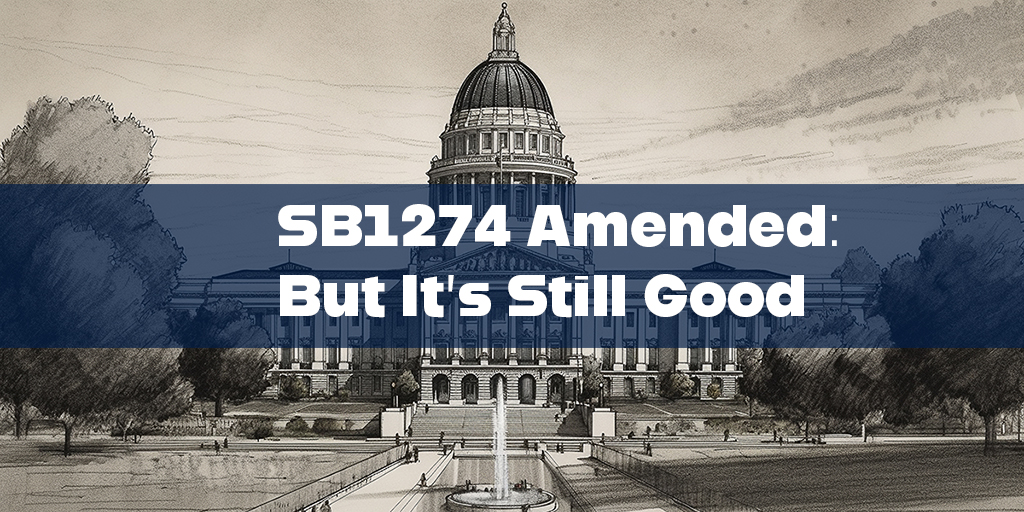In anticipation of its first hearing, a number of amendments have been filed for SB1274, primarily to add a Contact Preference Form. The amendments, however, do not change the core purpose of the bill: to release a copy of the original birth record to the adult adopted person upon request.
Expected amendments have been made to SB1274, prior to the bill’s first hearing on April 10 in the Senate Health Committee. You can read the full amended bill here, but here are the primary takeaways:
- It adds a contact preference form. A contact preference form, or CPF, allows a parent named on the original record to file their preference for contact with the adopted person or that person’s descendants (if the adopted person is deceased). The form does not control the release of the record. Rather, the form is optional and advisory only—it merely allows a parent to communicate whether or not the parent prefers or does not prefer any contact. It is a common form used in a number of unrestricted equal rights states.
- It addresses technical issues in the Health and Safety Code. The remaining amendments address other provisions in California’s Health and Safety Code related to birth records, specifically pre-adoption birth records. One provision merely clarifies that an original birth record may be released:
To an adopted person, or child or grandchild of an adopted line person, limited to the adopted person’s original birth certificate line retrieved as prescribed in Section 102705 of the Health and Safety Code
Another amendment defines the original birth record as “the certificate issued at a live birth of an adopted person pursuant to Section 102100 that has been sealed pursuant to Section 102685 or supplanted pursuant to Section 102680.”
These amendments also do not change the core purpose and goal of the bill: release of the OBC. Rather, the amendments make it clear that the State Registrar has the authority to release the record to the adopted person or that person’s descendant.
One sentence in the description of the bill (which is not considered part of the bill language) is a bit awkward if not confusing, as it states that “This bill would similarly prohibit the court from granting a records order releasing an original birth certificate.” It’s unclear what this specifically means, other than likely confirm the shift of release of birth records exclusively to the State Registrar and away from the courts. While it does not reflect specific bill language, it may need additional context.
The amendments were made public early this morning (April 2, 2024). Setting aside the somewhat confusing language in the bill’s description, support of the bill is still strongly encouraged and warranted.
